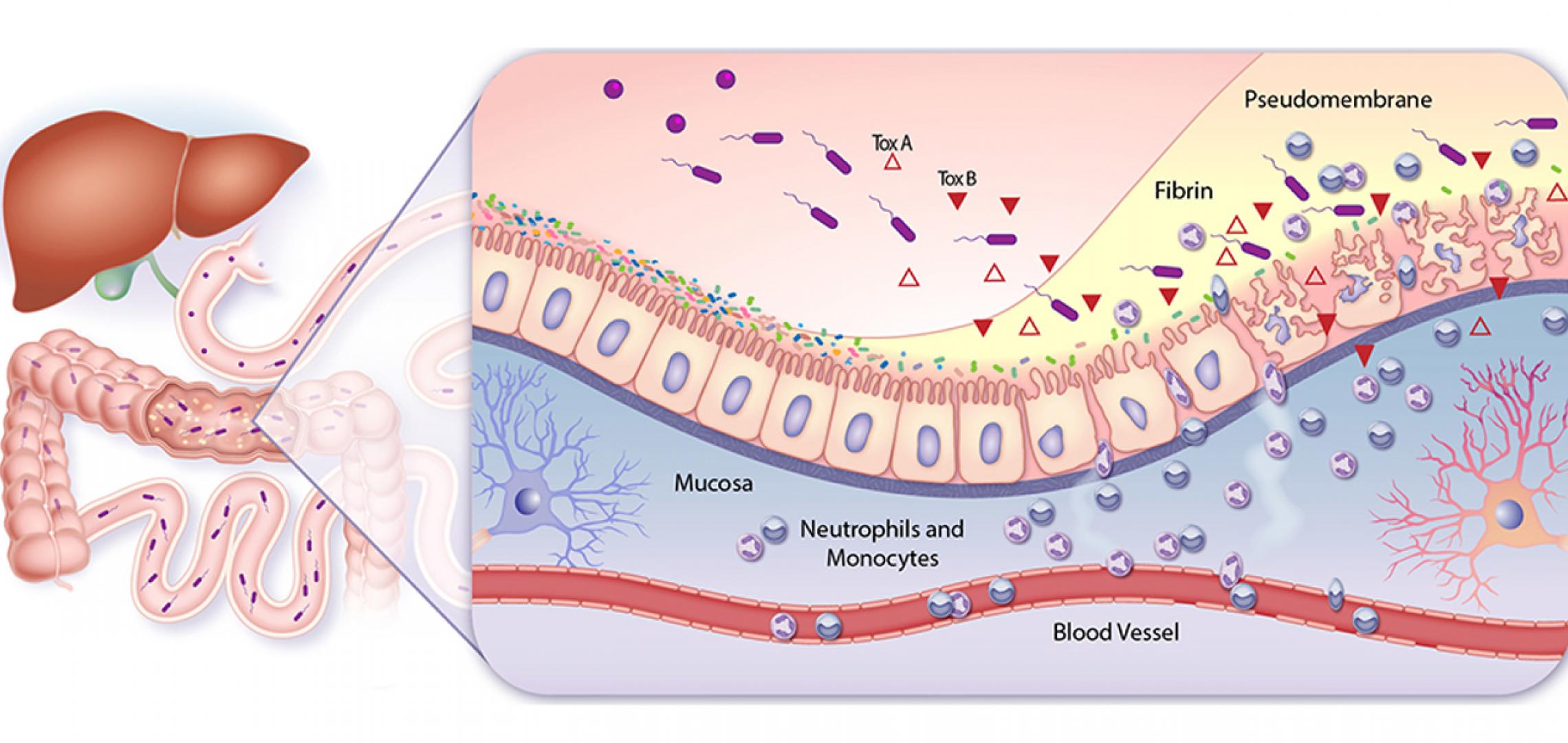Our Research
Interaction of Microbes with Epithelium, Immune Cells and Nervous System

Dr. Savidge’s lab is focused on emerging research concepts, including the interaction of microbes with epithelium, immune cells and nervous system in the induction of intestinal disease.
The team is interested in studying neuroimmune-microbial interactions in the gastrointestinal tract using a range of techniques that include computational and structural biology, global metabolomics and proteomics, realtime molecular interactions, cell culture and humanized disease models. These studies have found that gut astrocytes are important regulators of mucosal barrier function and inflammation in inflammatory bowel disease, necrotizing enterocolitis and Clostridium difficile infection. A novel innate host defense mechanism for subverting microbial pathogenesis has also been identified and is being translated into a prototypic form of therapy termed allosteric therapeutics.
A particular emphasis is placed on Clostridium difficile infection. Their goal is to understand underlying pathogenic mechanisms and to translate such findings into new therapeutic strategies. They employ state-of-the art techniques to study patient specimens, including cell and molecular biology, microbiology, experimental models, metabolomics, next generation sequencing, virtual proteomics, and visual analytics.
